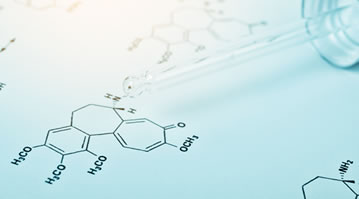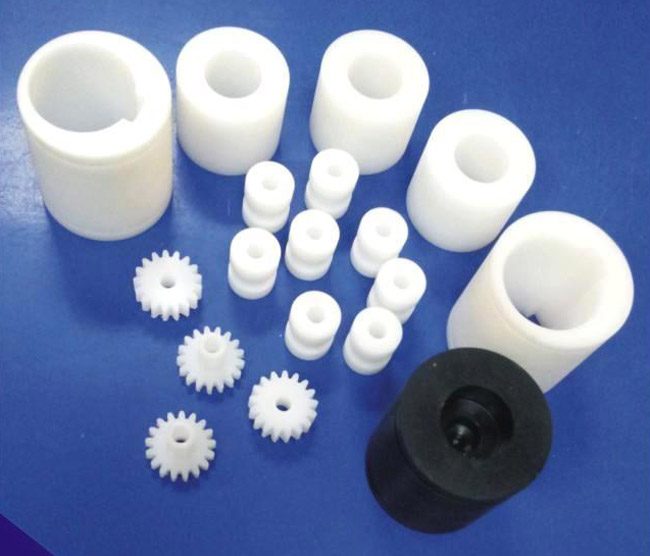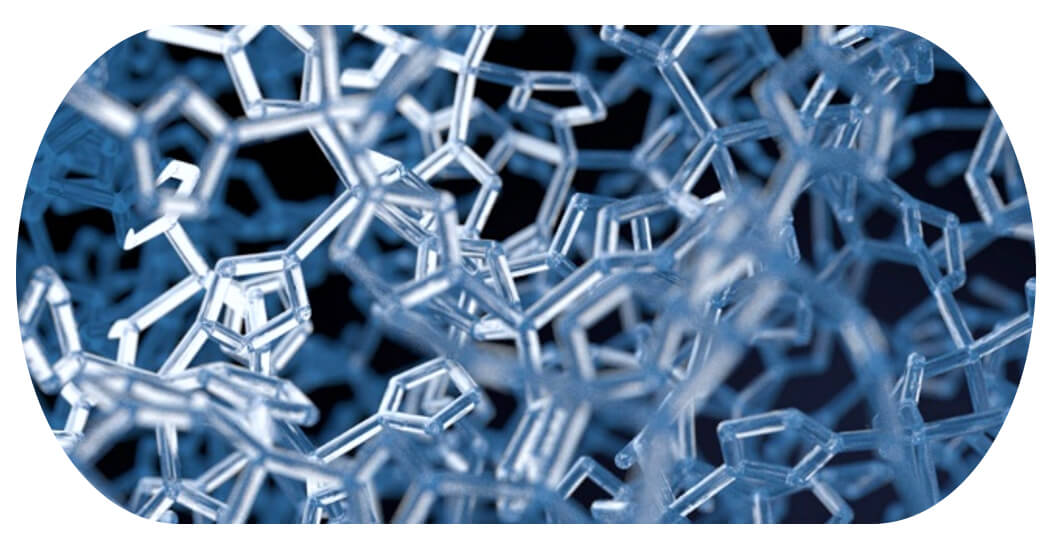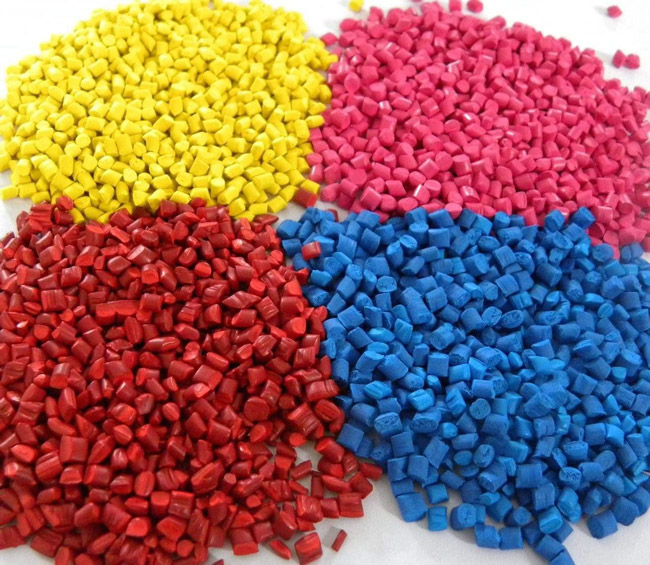Overview:
Lupragen N201 Catalyst BASF
Polyurethane catalyst Lupragen N201 is a 33% solution of triethylene diamine in dipropylene glycol, also known as polyurethane catalyst A33, A-33, 33-LV, 33LV, Dabco 33LV, Niax A-33, Jeffcat TD-33A, Lupragen N201, Tegoamin 33, PC CAT TD33. Addocat 105, TEDA L33 is suitable for all types of polyurethane foam manufacturing. It is completely soluble in water and can be completely mixed with polyols, fluorocarbons and stannous catalysts. The industry standard product, commonly referred to in China as Catalyst A33 or A-33, is a unique chemical structure of triethylenediamine, a cage-like compound with three ethylenes attached to two nitrogen atoms. The structure of this bimolecule is very dense and symmetric. As can be seen from the structural formula, there is no substituent with a large site resistance on the N atom, and its pair of vacant electrons is easily accessible. In the foaming system, once the carbamate bond is created, it will be free to facilitate further catalysis. For this reason, although triethylenediamine is not a strong base, it exhibits extremely high catalytic activity for the reaction of isocyanate groups and active hydrogen compounds, and is a strong gel catalyst.
Lupragen ® N201 (TEDA (triethylenediamine, CAS No. 280-57-9)) in DPG (dipropylene glycol) is used in many applications in the polyurethane industry (flexible foams, semi-rigid foams, rigid foams, elastomers, coatings, CASE ).
BASF SE is the only European producer of TEDA. We also offer Lupragen N203, which is a solution of TEDA in MEG (monoethylene glycol). If the solution is made by dissolving TEDA crystals, our TEDA solution does not contain trace amounts of anti-backing agents.
Product Specifications
Product Catalyst A-33 Appearance: light yellow transparent liquid at room temperature, soluble in water; density (20°C): 1.033 g/cm3; viscosity (24°C): 100 mPa.s; vapor pressure (37.8°C): 266.7 Pa; flash point (PMCC): 88°C;

Package
Packed in clean, dry, sealed and leak-free special plastic drums with a net weight of 20kg/25kg/180kg per drum.
Storage and transportation
When transporting Catalyst, it should be strictly protected from rain and staining, carefully and gently stored to prevent leakage from collision with hard objects. When storing Catalyst, it should be stored at room temperature in a ventilated and dry warehouse, avoiding humid environment, and the storage temperature should be kept below 25℃, avoiding sunlight as much as possible, and away from water and heat sources. To prevent moisture absorption and oxidation, it is recommended to fill the container with nitrogen.
Shelf life
Under proper storage conditions, the shelf life is 6 months from the date of manufacture, after which the product can be used after retesting.
Safety Information
Catalyst is somewhat toxic and should be rinsed with soapy water promptly after contact with skin. Staff can wear eye protection or safety glasses for the purpose of eye protection. Eye wash and drenching equipment should be provided near the workplace. When working in places where contact with the product is possible, attention should be paid to personal hygiene and the skin in contact with the product should be washed with washing products before eating, smoking and leaving the workplace.
Leak handling
Stop spills as much as possible while ensuring safety. If a minor spill is found, treat it with sand or other absorbent material and place it in a clean, dry container for subsequent disposal. If a large spill occurs, the spilled material should be collected for subsequent disposal. Avoid entering groundwater or surface water as the material is not readily biodegradable. All collected spilled material should be disposed of in accordance with local environmental regulations.
Disclaimers
The information and technical advice provided above has been obtained from our reliable sources, however, we make no express or implied warranties with respect to the data provided and make no promises herein. If our products are to be used, we recommend that they undergo a series of tests. The application, use, processing or production of products based on the technical information provided by us is beyond our control and therefore these responsibilities are the responsibility of the user. The condition and method of handling, storage, use or disposal of this product is beyond our control and may be beyond our knowledge, and in no event will we be liable for loss, damage or costs associated with the improper handling, storage, use or disposal of this chemical. For more information, please review the technical safety sheets for our products or contact our marketing services department.
Uses:
Promotes the reaction of hydroxyl functional groups with NCO
Safety Information:
Catalyst is somewhat toxic and should be rinsed promptly with soapy water after contact with skin. Staff may wear eye protection or safety glasses for eye protection purposes. Eye wash and drenching equipment should be provided near the workplace. When working in places where contact with the product is possible, attention should be paid to personal hygiene and the skin in contact with the product should be washed with washing products before eating, smoking and leaving the workplace.
Shelf life.
Keep unopened,two years
Storage and transportation:
Should be kept sealed and stored in a dry, cool and ventilated warehouse
Packaging:
200KG/drum Storage: It is recommended to store in dry and cool area with proper ventilation. Please fasten the lid as soon as possible after the original packaging to prevent the mixing of other substances such as water and other substances from affecting the product performance. Do not inhale dust and avoid skin and mucous membrane contact. Smoking, eating and drinking are prohibited in the workplace. After work, shower and change clothes. Store contaminated clothes separately and wash them before use. Maintain good hygiene habits.
Technical support and business contacts E-mail:sales@newtopchem.com




















Comments